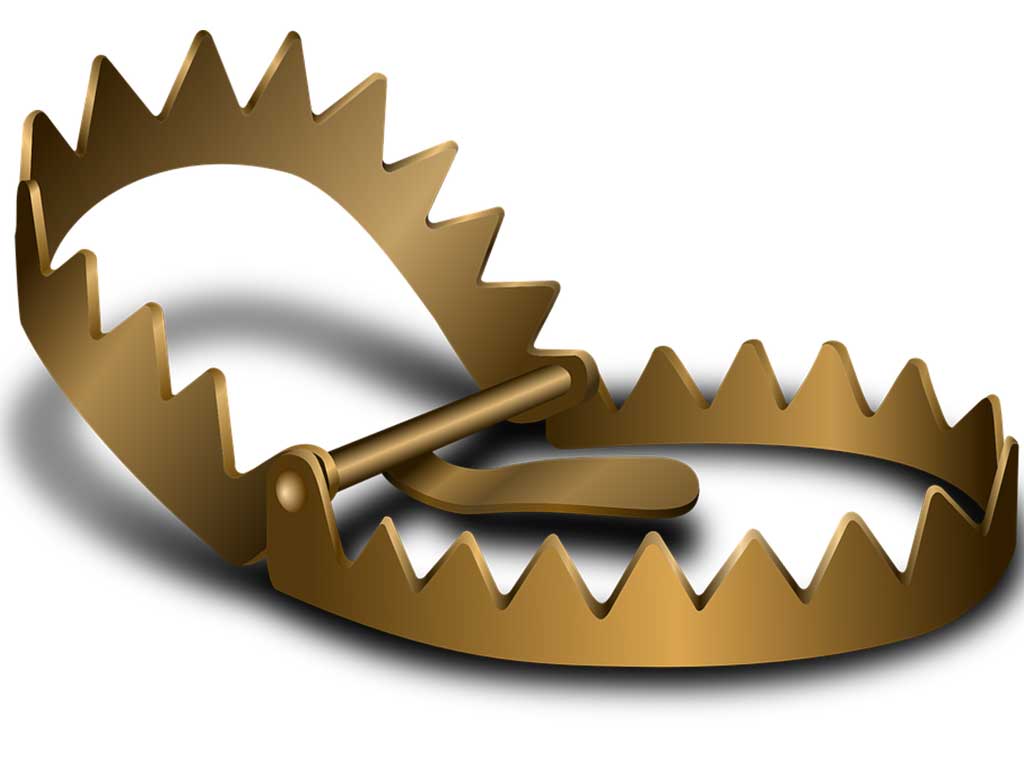Just as it is easier to draw straight lines than to think in nonlinear terms, it is simpler to buy stocks that have gone up a lot over the previous decade than to remain committed to the ones that have done nothing. However, linearity is for suckers. Success in investing comes from being able to see not what is in front of you but what is lurking just around the corner.
Take heavy-equipment makers Caterpillar, Deere & Co. and Joy Global. It is easy to love these deeply cyclical companies, which have benefited from the run-up in commodity prices over the past decade. Their stocks are up manyfold over that period, and for good reason: Their sales and earnings have tripled or quadrupled during that time.
The story only gets better. Earnings for Caterpillar, Deere and Joy Global are expected to continue to grow in the double digits well into this decade. In theory, these American icons should be a value investor’s paradise because, despite their past success and expectations of their future wonderful growth, they are trading at low-double-digit P/Es. Cheap!
But before you run out and spend your hard-earned money on these darlings, let’s see what might be around the corner. The past few years were characterized by fairly robust growth of the global economy. Part of this was simply a recovery from the 2008 crisis; however, a significant part was spurred by global stimulus.
Let’s pause for a second and think about that. The 2008 global recession took place because of substantial borrowing from underreserved financial institutions that went into global malinvestment in fixed assets. That put a hurricanelike tailwind in the sails of deeply cyclical stocks. For eight years, until 2008, their sales and earnings grew as if Google were their middle names. Investors stopped treating them like cyclical stocks; they became deep seculars.
The global fixed-asset bubble burst painfully in 2008, and the deeply cyclical stock story should have been over. After all, if you build too many things that will last you decades, you will not need to make more of them for a long time, and thus you will need a lot fewer earthmovers from Caterpillar. This would have been a rational expectation — and it would have been wrong. The sales and profitability of Cat, Deere and Joy Global have already surpassed the levels they reached before the 2008 crisis.
Because of massive global government stimulus — turbocharged by China’s 12 percent-of-GDP mother of all stimuli, which was further amplified by off-the-charts leverage — the asset bubble has been reinflated over the past couple of years. The stimulus came at a significant cost: the increased leveraging of governments. Last year showed that there is an upper limit to how much developed-country governments can borrow, unless they are willing to borrow at double or triple their current rates.
We are very likely entering a third leg of global deleveraging. The first two were by consumers and corporations, and to a large degree took place at the expense of the governments that took over their debts. Now we are entering the most painful stage: government deleveraging, which will be destimulating to the global economy and cause a monstrous decline in fixed-asset investment.
Today investing in deeply cyclical stocks is not unlike a game of musical chairs. If you own these stocks, you are coining money while the music is playing. We know what will happen when the music stops: These stocks will plummet.
Caterpillar, Deere and Joy Global benefit from operational leverage. A large portion of their costs is fixed, and as their sales increase, their margins do too. Their earnings are high because their profit margins are at an all-time high, but once the global economy slows down and demand evaporates, sales will decline. Their operational leverage will start working against them because costs will not decline as fast as sales, and margins will do what they’ve always done: They’ll revert toward the mean and in this case collapse. The companies’ earnings power will be completely reset and will not resemble anything even close to what it is today. Suddenly, stocks that looked so cheap will show their true colors.
Of course, it’s difficult to know when the music will stop — tomorrow, six months from now or in two years. Bubbles don’t follow the timetables established by their prognosticators, even when their collapse is being predicted. However, the risk-reward of owning these deeply cyclical stocks has clearly shifted into unfavorable territory. If you think you possess perfect pitch and will hear the music stop and be able to grab a chair before everyone else, don’t kid yourself. The dot-com investors of the ’90s thought they could, and very few of them got to sit down gracefully.









0 comments